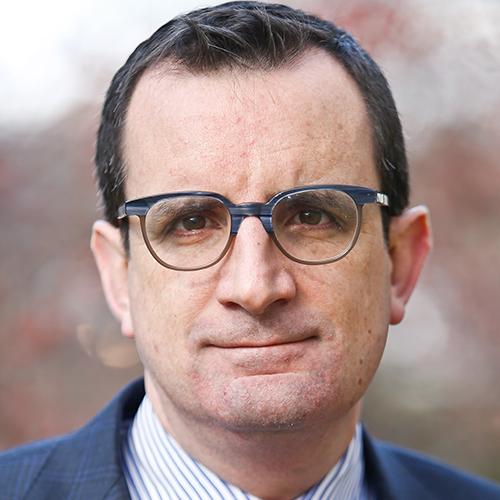Thomas Wright served as the director and as a senior fellow of the Center on the United States and Europe at the Brookings Institution since 2017. Wright joined the Brookings Institution in 2011 as a fellow in the Managing Global Order Project; he served in a variety of scholar and management capacities. He was also a contributing writer for The Atlantic and a nonresident fellow at the Lowy Institute for International Policy. He is the author, with Colin Kahl, of “Aftershocks: Pandemic Politics and the End of the Old International Order,” which was published by St Martin’s Press in 2021. His first book, “All Measures Short of War: The Contest For the 21st Century and the Future of American Power,” was published by Yale University Press in 2017. Wright also works on U.S. foreign policy, great power competition, the European Union, Brexit, and economic interdependence.

Guest Author
Thomas Wright
Former Brookings Expert